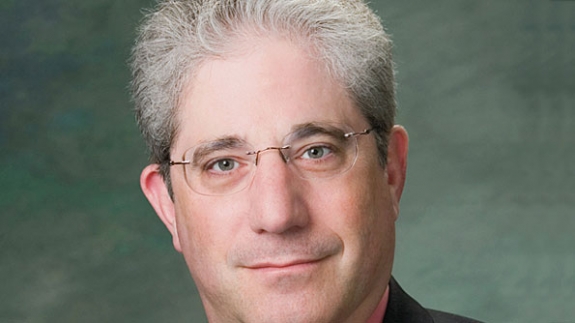Don’t believe narrowbanding delay rumor
By now, you may be aware of the bill introduced by Rep. Steve Rothman (D-N.J.) that would delay the current narrowbanding deadline by two years. The bill (H.R. 3430) is just two pages long, and only directs the FCC to delay the deadline — there is no explanation as to why.
The bill, lacking co-sponsors, lacking an explanation or basis, and placed before an extremely dysfunctional Congress, is unlikely to go anywhere, at least not anytime soon. Thus, it represents a dangerous document that could do more harm than good. Follow me on this one:
Because the bill isn't likely to be passed anytime soon, it will have little benefit on the vast majority of licensees who already have plans underway and funds allocated to meet the deadline. Regarding those licensees that have not prepared for the task at hand, some may take the risk that a bill passes before the deadline. But what will happen to these licensees if that doesn't happen? The answer is that in 2013 these licensees will be in violation of the law, and subject to fine and/or license revocation.
I've written past columns about whether the FCC actually will impose such sanctions, so I won't reiterate my thoughts on that. What I will write is that this bill places licensees in the high-risk game of "bet what Congress will do." Given how cooperative Congress has been regarding the 700 MHz D Block over the past several years, is this a risk worth taking?
Bills like this aren't tossed into Congress without some prompting. Thus, it would be interesting to have a conversation with those who promoted this idea to Rothman. It would be good to know why some licensees have been unable to plan for narrowbanding for the past seven years. Yes, money is tight right now, but when hasn't it been for public-safety agencies? Why didn't these ill-prepared licensees start socking money away as soon as the mandate was imposed? If there are good reasons for why they aren't ready to narrowband at this point, it's reasonable to think that other licensees are similarly impacted — which means that such concerns should be brought to the FCC, and solutions should be found.
For its part, the FCC already has given licensees an "out." The commission's Public Notice, which lists the criteria for a delay, is thorough and complete, and presents an excellent roadmap for a deadline extension for those licensees who have been diligent, but things have worked against them. Why is this document not sufficient for any licensee's situation? Let's hear from you.
For everyone else, this cat-and-mouse game concerning the deadline might be worthwhile for those who are plugged into the industry well enough to adequately measure the chances, but is extremely dangerous for those who only become aware of these things through word of mouth. I can see the FCC issuing a fine to a licensee in early 2013, and the licensee saying that they were told that Congress passed a bill extending the deadline, when the reality is that the bill never went past the introduction stage. This would be a terrible result for such licensees, who surely will have to pay their fine.
Perhaps the worst part of Rothman's bill is that it effectively punishes those that have been diligent and have made the proper arrangements. If the bill passes, it's likely that they may never believe the FCC again. It will always be, "Oh, they'll never do that!"
Five minutes after I wrote this column, and sent the first version to my editor, I received an e-mail from a huge licensee in the band, who told me that their management told them that day (Nov. 18), that Congress extended the deadline. This was exactly my fear.
What do you think? Tell us in the comment box below.


















